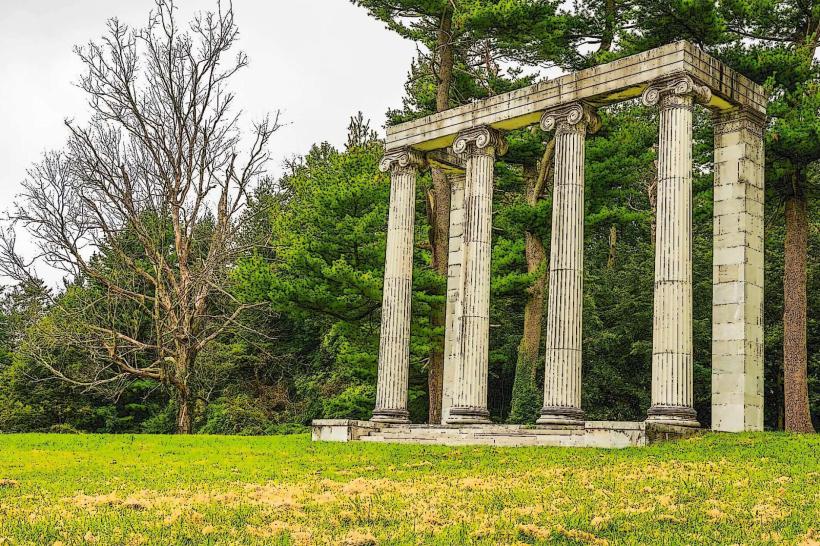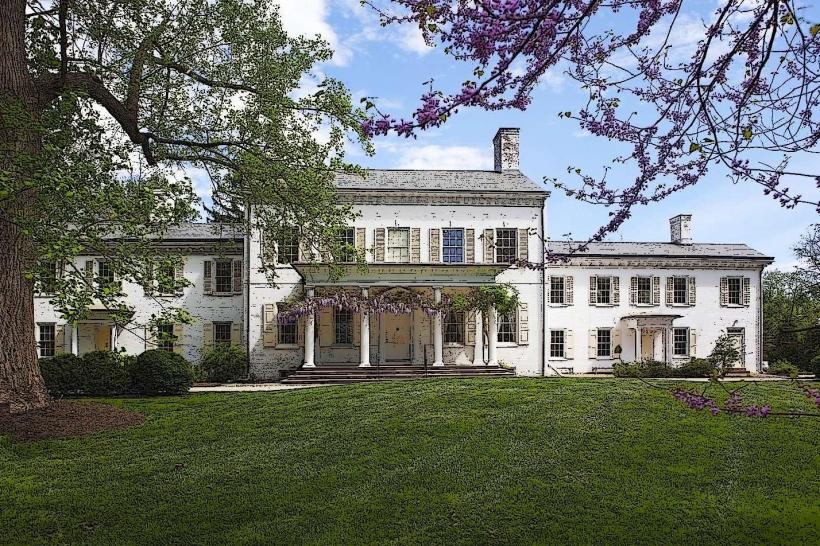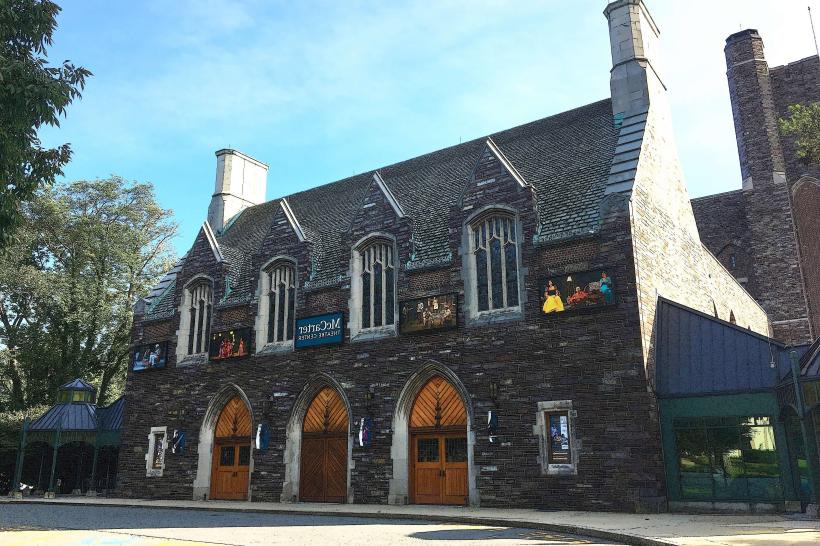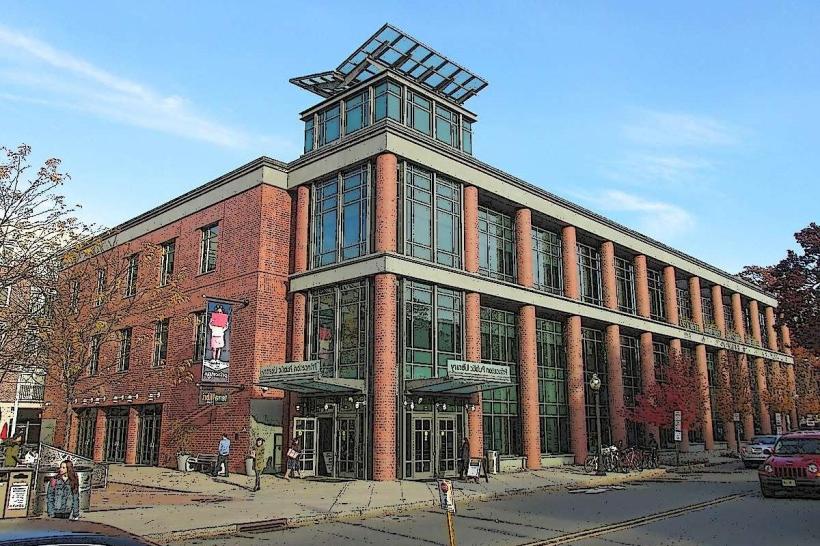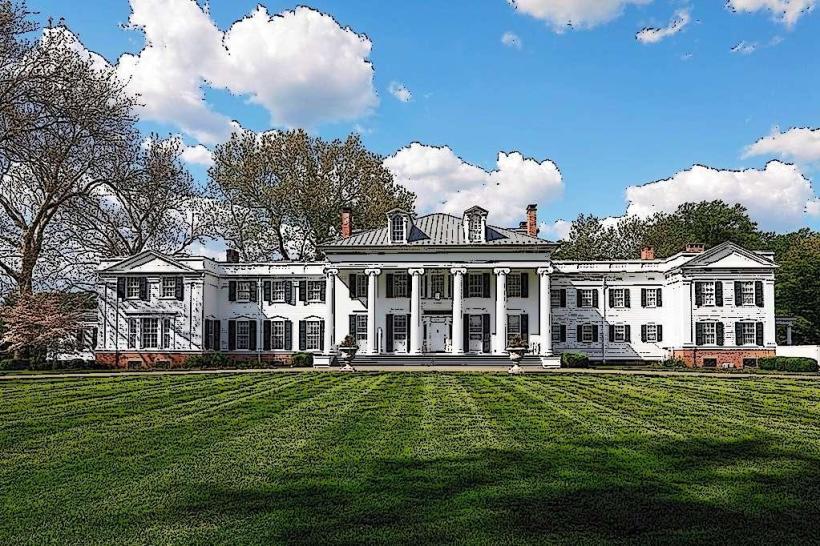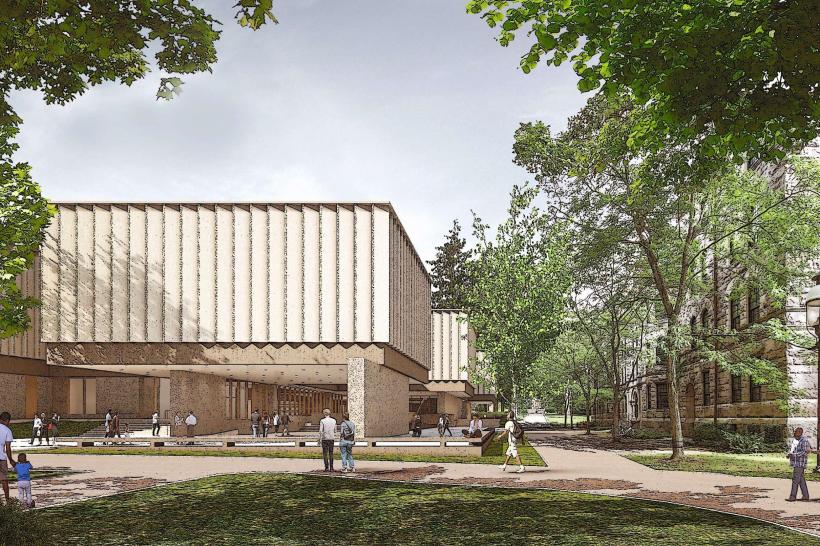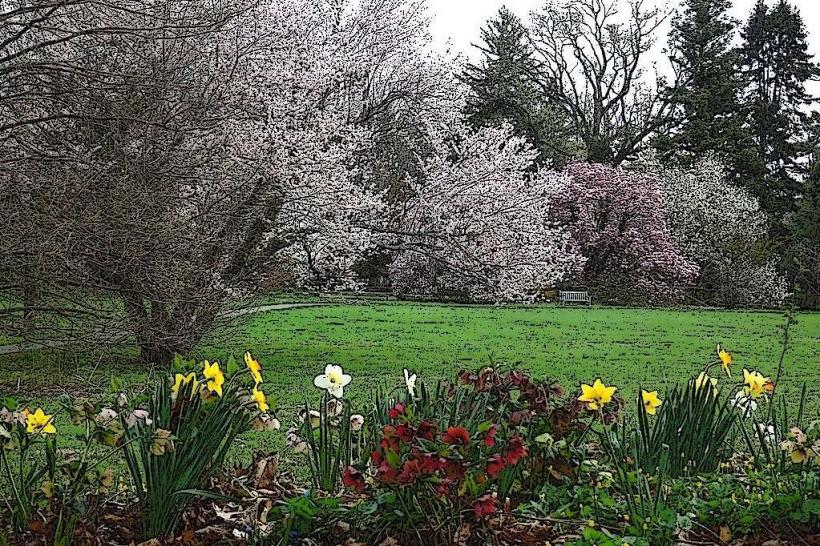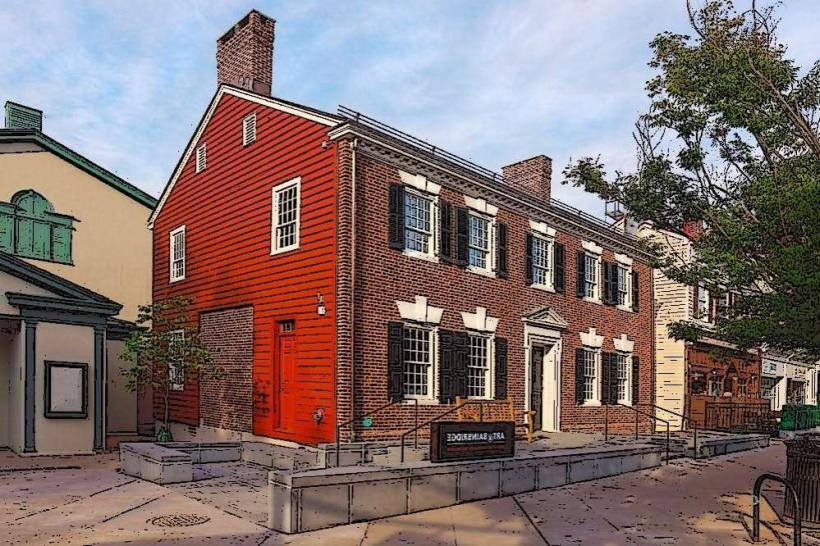Information
Landmark: Princeton UniversityCity: Princeton
Country: USA New Jersey
Continent: North America
Princeton University, Princeton, USA New Jersey, North America
Princeton University is a prestigious private Ivy League research institution located in Princeton, New Jersey. Established in 1746 as the College of New Jersey, it is the fourth-oldest college in the United States and was renamed Princeton University in 1896. Over nearly three centuries, Princeton has evolved into one of the world’s leading universities, known for its rigorous academics, rich traditions, and commitment to research and public service.
Historical Background
Princeton University was founded during the colonial era, making it one of the nine colonial colleges chartered before the American Revolution. Its original mission was to train ministers and provide a classical education. The university played an important role in early American history; notably, Nassau Hall, completed in 1756, briefly served as the capital of the United States in 1783 when the Continental Congress met there. Over time, the institution expanded its academic scope and physical campus, becoming a major center for higher education, innovation, and intellectual leadership.
Campus and Architecture
The main campus covers approximately 600 acres, blending historic and modern architecture harmoniously amidst lush greenery and open spaces. It features over 200 buildings, including academic halls, residential colleges, libraries, and cultural centers. The architecture ranges from Collegiate Gothic styles, seen in landmarks such as Nassau Hall and the University Chapel, to contemporary designs reflecting cutting-edge educational needs.
Nassau Hall: The oldest building on campus and a National Historic Landmark, it symbolizes Princeton’s deep-rooted history.
University Chapel: An imposing Gothic-style structure that can seat around 2,000 people and serves as a center for spiritual life and major university events.
Princeton University Art Museum: Housing over 112,000 works of art, the museum features collections spanning ancient to contemporary art. A new, expanded facility designed by Sir David Adjaye is set to open, significantly enhancing the museum’s cultural presence.
Academic Excellence
Princeton offers a comprehensive liberal arts education, emphasizing critical thinking, interdisciplinary study, and original research. It grants undergraduate degrees primarily in the form of Bachelor of Arts (A.B.) and Bachelor of Science in Engineering (B.S.E.), along with graduate degrees including master’s and doctoral programs.
The university has 37 undergraduate concentrations, ranging from humanities and social sciences to engineering and natural sciences.
It supports over 50 minors and certificate programs, enabling students to tailor their academic journeys.
The academic environment encourages close collaboration between students and faculty, often involving students in advanced research projects early in their careers.
Residential College System and Student Life
Princeton’s residential college system is central to its undergraduate experience, fostering close-knit communities and providing academic advising, cultural events, and social activities. All undergraduates are affiliated with one of seven residential colleges, where many live for all four years, creating a strong sense of belonging.
Student life at Princeton is vibrant and diverse:
More than 500 recognized student organizations cover interests from political debate to performing arts.
The university’s eating clubs act as social centers, offering unique traditions and community engagement opportunities.
Princeton’s athletic teams, known as the Tigers, compete in NCAA Division I Ivy League sports, with a history of success and spirited rivalry.
Research and Innovation
Princeton is renowned for its high research activity and houses several notable research institutions:
Princeton Plasma Physics Laboratory, a leading center for fusion energy research.
Geophysical Fluid Dynamics Laboratory, which focuses on climate and environmental science.
The university boasts one of the largest academic libraries in the world, supporting extensive scholarship. Faculty and students collaborate on groundbreaking research across disciplines, contributing significantly to science, technology, humanities, and social sciences.
Traditions and Culture
Princeton’s culture is shaped by enduring traditions:
The annual Reunions and the P-rade attract alumni from around the world to celebrate their connection to the university.
The American Whig-Cliosophic Society, founded in the 18th century, is the oldest collegiate political, literary, and debate society in the U.S.
Residential colleges and eating clubs host regular events that blend academic inquiry with social interaction.
Commitment to Sustainability
Princeton has embraced sustainability, aiming to become carbon neutral by 2046. The university has taken concrete steps including divesting from fossil fuels, improving energy efficiency across campus, implementing recycling programs, and fostering environmental research and education.
Visitor Experience
Visitors to Princeton can enjoy guided and virtual tours that showcase the university’s architectural beauty, historic landmarks, and vibrant campus life. The campus is designed to be welcoming and accessible, with scenic walkways, gardens, and public art installations that enhance the visitor experience.
Summary
Princeton University stands as a symbol of academic prestige and tradition, combining a storied past with a forward-looking vision. It nurtures intellectual curiosity, cultivates leadership, and maintains a strong commitment to community and global engagement. Its blend of historic significance, academic rigor, and cultural vitality makes it one of the foremost institutions of higher learning worldwide.

